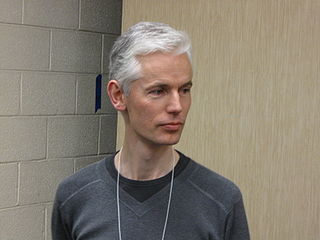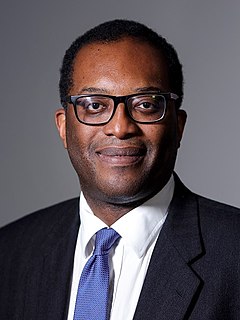A Quote by Adam Smith
It is unjust that the whole of society should contribute towards an expence of which the benefit is confined to a part of the society.
Related Quotes
The classics of Marxism talked of communism as a society to which a modern society should aspire, a society truly fair, where the relations of monetary exchange were not the priority but one wher the people's needs could be satisfied, and where people would not be worth more according to how much monetary wealth they acquired. Instead their value would be based on their contribution to society as a whole. It would be a society without class that would accept people based on their capabilities and their potential to contribute to that society.
I have argued tirelessly, nearly endlessly, in so many books, about the need for the social, the economic reconstruction of society. The demand that people be present themselves, that they contribute to the reorganization of society, that they own up to their own complicity in a system from which they derive benefit and advantage, often without acknowledgement, and the discomfort, the uncomfortable way in which that must be acknowledged.
The individual has totally different interests from the society, because the society has no soul. The society is soulless. And if you become too much a part of the society, it will reduce your soul also to a non-entity. Beware, before you have lost your whole opportunity. Don't be a slave. Follow society to the point you feel is needed, but always remain master of your own destiny.
In this constant battle which we call living, we try to set a code of conduct according to the society in which we are brought up, whether it be a Communist society or a so-called free society; we accept a standard of behaviour as part of our tradition as Hindus or Muslims or Christians or whatever we happen to be.
I regard it as a duty which I owed, not just to my people, but also to my profession, to the practice of law, and to the justice for all mankind, to cry out against this discrimination which is essentially unjust and opposed to the whole basis of the attitude towards justice which is part of the tradition of legal training in this country. I believed that in taking up a stand against this injustice I was upholding the dignity of what should be an honorable profession.
A dreaded society is not a civilized society. The most progressive and powerful society in the civilized sense, is a society which has recognized its ethos, and come to terms with the past and the present, with religion and science. With modernism and mysticism, with materialism and spirituality; a society free of tension, a society rich in culture. Such a society cannot come with hocus-pocus formulas and with fraud. It has to flow from the depth of a divine search.
In a society where all are related, simple decisions require the approval of nearly everyone in that society. It is society as a whole, not merely a part of it, that must survive. This is the indigenous understanding. It is the understanding in a global sense. We are all indigenous people on this planet, and we have to reorganize to get along.
Our society and our organizations have learned to value masculine, 'quick-fix' traits in leaders. In a primitive society, a rural society, or even the industrial society of the early 1990s, quick fixes worked out all right. But they are less likely to work in a complex society. We need to look at long-range outcomes now. Service and patience are what can keep things running effectively today and women can contribute a lot in both of these areas.




































